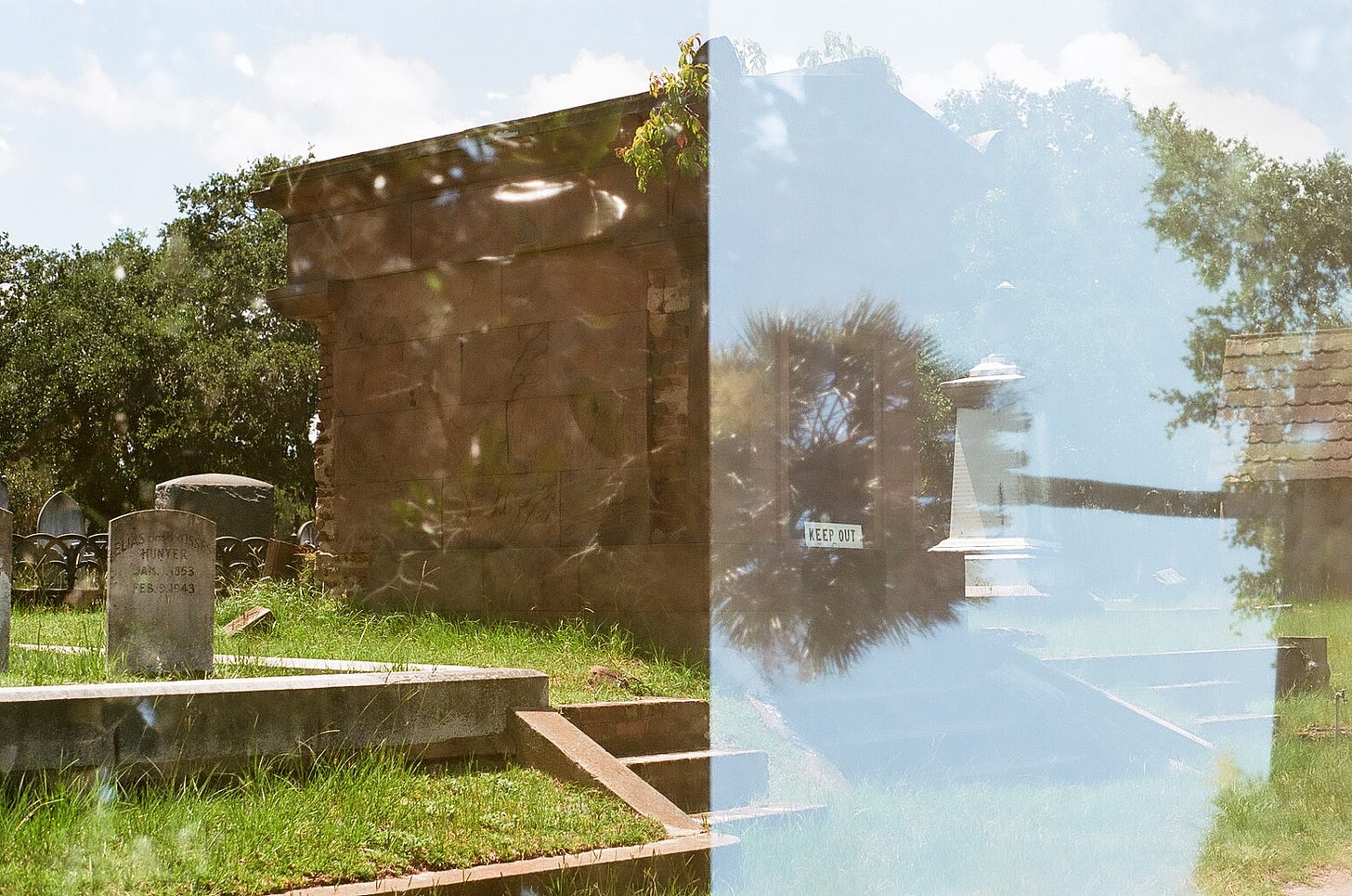I have recently been connected to a Palestinian woman and her family through a network of artists collaborating to put our skills toward mutual aid. In getting to know each other, I expressed my sorrow and apologies for what my country is doing to hers. She responded by saying it’s not my fault…and it got me thinking about the idea of fault, responsibility, accountability, and who takes up the mantle of repair.
In an individualistic society, we are very attached to the idea of a direct line between fault and responsibility. If you didn’t do it, it’s not your job to fix it. I think about punishment doled out in grade school: when an individual perpetrator could not be determined, often the whole class would get punished (and frequently, of course the kids knew who did it, and would mete out their own retribution later). Collective punishment instead of collective responsibility.
In an unjust culture where people who cause intense harm slip out from true accountability every single day, I think it can feel like an additional indignity to be called to repair that which you did not break. And perhaps the closer you are to the center of that crater of harm, the harder it is to crawl out of it and join those on the edges, sifting through the wreckage and filling it back in…
If we’re all standing around with our fingers on our noses shouting “NOT IT” though, who is doing the work of repair? Historically, it is typically not those who are actually responsible for causing the harm.
This has come up for me in the context of interpersonal relations all the way up to world rebuilding. Micro to macro. As above, so below. It can be a hard pill to swallow to recognize that we are simply not going to receive the kind of justice, mending, or accountability from those who harmed us, for whatever reason. I’ve certainly found myself stuck in hamster wheels of rage and pain, swirling in a storm of words that cannot or will not be heard, deluged by the injustice of it all.
While this is certainly not a call to abandon seeking justice, I think that it is much harder to do when we are caught up by our own howling fury. One thing I have learned about anger, through my many wise guides, is that it is merely the vehicle that gets you to something deeper. Anger is not the destination. When we mistake our anger as the point, the purpose, we can easily lose sight of our true desires and needs. Anger feels generative—and it is! But only if we listen to what is underneath it.
Waiting for someone else to fix it keeps us stuck. As the saying goes, when you point your finger, three point back at you. For me, the medicine has been first really letting myself feel my anger, my pain: crying, yelling, pleading, saying what needs to be said to those who are not before me and perhaps will never be able to hear how they’ve hurt me. Allowing myself to acknowledge, without justification or placation, all of the wounds I’ve sustained, that are still felt. OW. Letting the poison out. Cutting open the wound and draining it.*
After this, it has been easier to see what is. What is not. What can be done. I did not cause these wounds in myself, but they are a part of me, and plunking down stubbornly to wait for the person who caused them to fix it will not heal me. It is now my responsibility. It’s not fair. But will I hold out for a perfect, fair world, or will I get down to the work of creating it?




